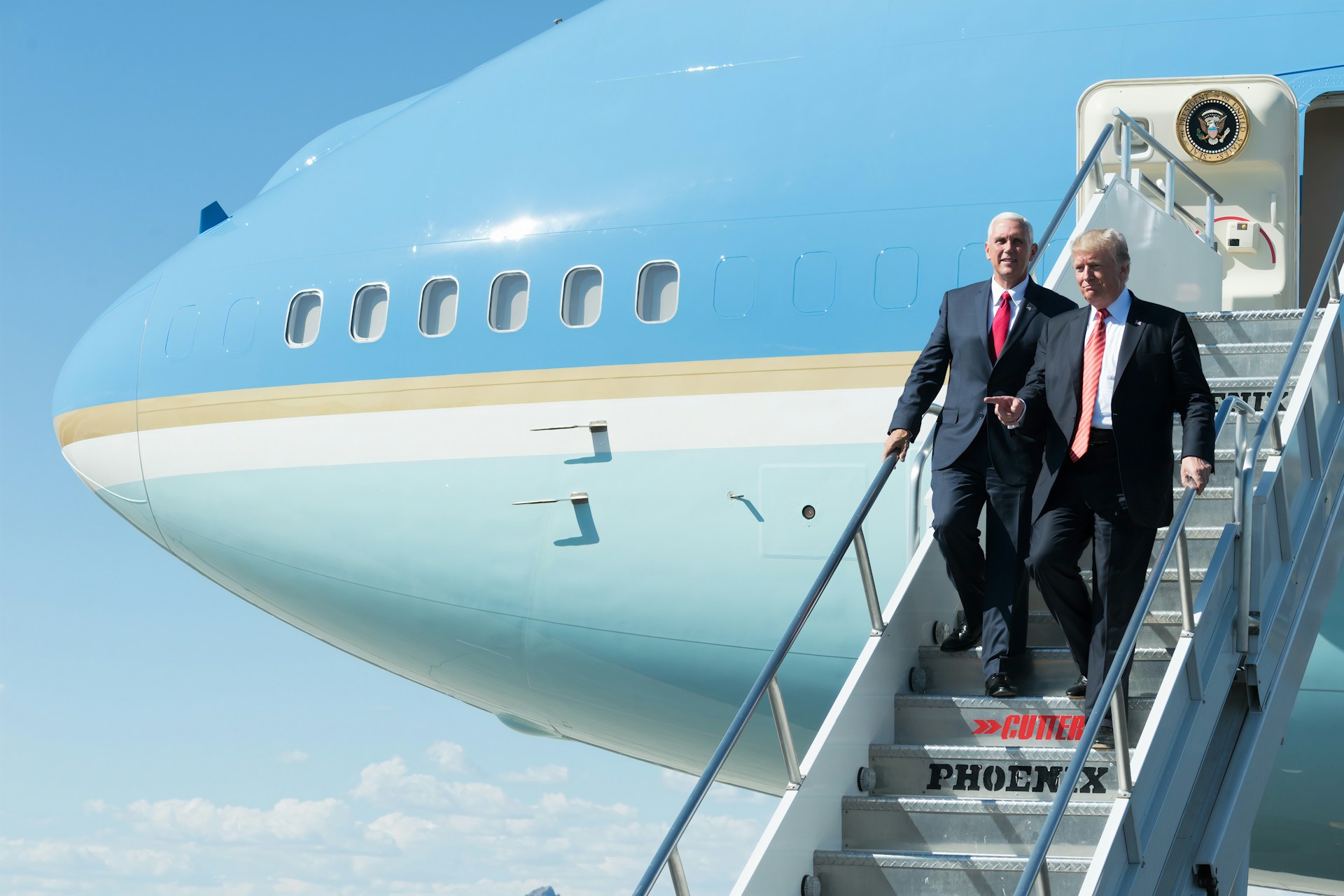Trump Wants to Eliminate Offshore Wind if Second Term Won

While campaigning, former U.S. President and likely Republican candidate for the upcoming election, Donald Trump, announced plans to target offshore wind projects with an executive order if he returns to the White House.
At a rally in Wildwood, New Jersey, Trump criticized offshore wind initiatives, claiming they are harmful to birds and whales, and vowed to take strong measures against them. His return to office could pose significant challenges for the U.S. offshore wind industry, which already faces various difficulties.
“We are going to make sure that that ends on day one. I’m going to write it out in an executive order,” Trump declared at the event.
Though previously Trump showed a general disdain for wind power, he did not actively obstruct it during his presidency. However, his recent statements indicate a possible shift in his approach.
The specifics of the proposed executive order remain unclear, but it might involve stopping the issuance of new permits or requiring new impact assessments for offshore wind projects. This strategy mirrors President Joe Biden's early actions regarding offshore oil leasing and the immediate moratorium he placed upon taking office.
Proponents of offshore wind highlight its potential economic impact, which could reach $25 billion annually in the U.S. The industry's expansion is expected to increase demand for steel, ships, and other equipment.
Offshore wind is also seen as a vital resource for the power needs of coastal populations, with around 40% of the world's people living within 100 kilometers of a coast.
In his speech, Trump asserted that offshore wind farms are responsible for whale deaths, a consequence of the seabed surveys conducted during their planning.
“Nobody even knows what it is. But I think in 20 years one whale washed up on shore, and then where they have these things, they come up all the time, dead,” he said.
While there has been an uptick in humpback whale mortalities since 2016, U.S. scientists have not linked these incidents directly to offshore wind projects, attributing many deaths to boat strikes or entanglements. However, concerns persist regarding increased noise, higher vessel traffic, and habitat changes due to offshore wind developments.